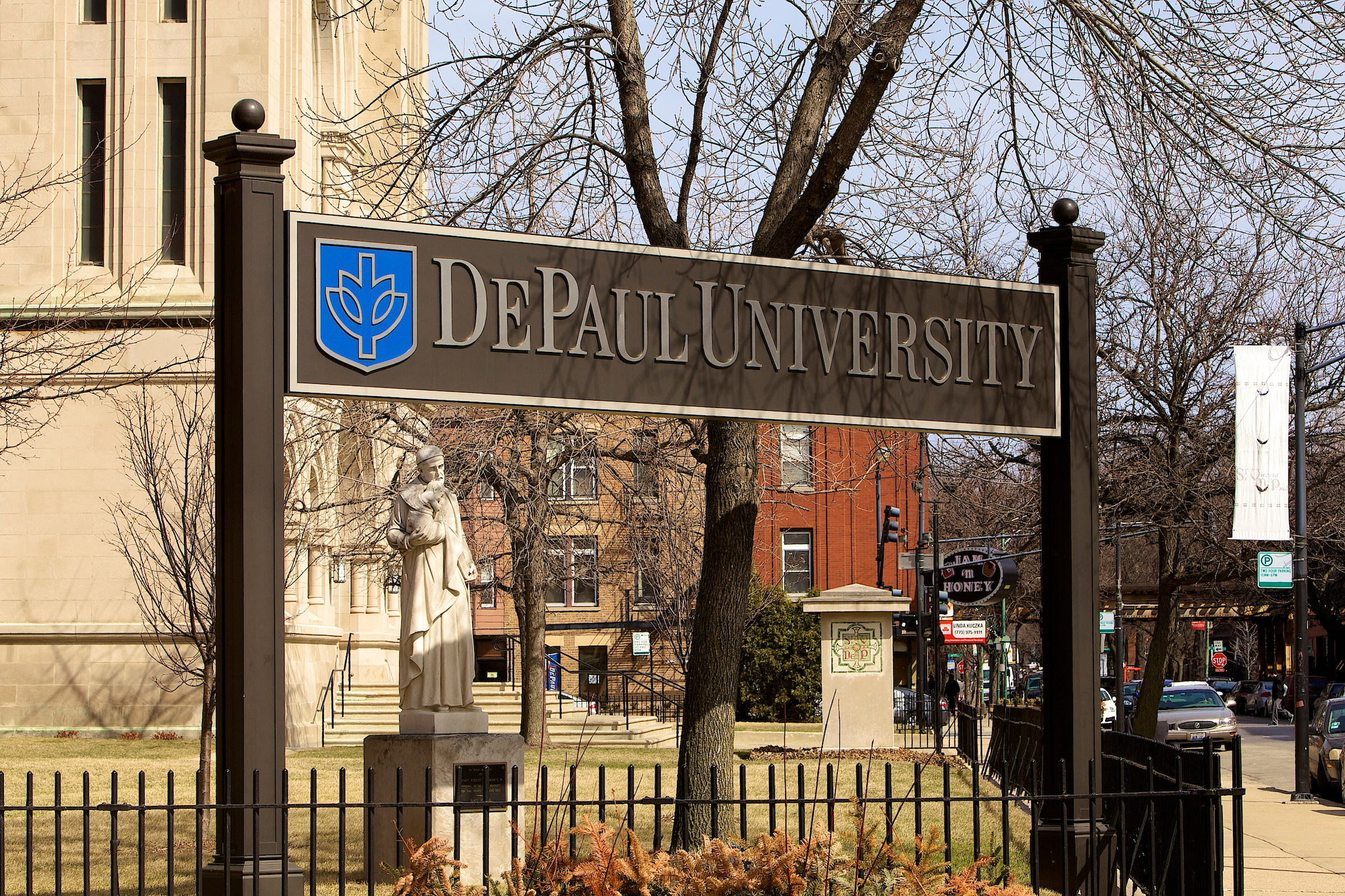 (DePaul University/Jeff Carrion)
(DePaul University/Jeff Carrion)
On Feb. 22, join DePaul's Studio CHI for a formal talk, "In the Realm of the (Digital) Senses: Eyes and Ears," on the preservation and dissemination of music, scripts and broadcast recordings from the Voice of America radio program,
Music Time in Africa. Presented by guest speakers from the University of Michigan and leaders of the initiative, Kelly M. Askew and Paul Conway, the talk will include field recordings made beginning in the early 1960s. The event is open to all faculty, staff and students.
"In the Realm of the (Digital) Senses: Eyes and Ears"
Thursday, Feb. 22
5:30 p.m.
Richardson Library, JTR 207
On Feb. 23, Studio CHI will host the second installment of "Under the Hood," a signature series that provides faculty and staff opportunities to meet with guest speakers in an informal setting to discuss recent digital projects and works in progress. Askew and Conway will give attendees a look under the hood of their NEH-funded project, "Ethical Access to Music Time in Africa," the oldest and longest running English-language radio program broadcast to the African continent by the Voice of America.
"Under the Hood with Kelly M. Askew & Paul Conway"
Friday, Feb. 23
10 a.m.
Loop Campus DePaul Center, C101
Askew's published works include "Performing the Nation: Swahili Music and Cultural Politics in Tanzania" and "African Postsocialisms." The Music Time in Africa project involves the digitization, cataloguing, access and repatriation of a rare collection of African music recordings. She is also at work on a socioeconomic survey of rural households in Tanzania, and a book manuscript exploring how Tanzanians and Zanzibaris in the United Republic of Tanzania have musically and poetically responded to the changes that have taken place since the unraveling of socialism in the mid-1980s.
Conway's research and teaching focuses on archival science, the digitization and preservation of cultural heritage resources, and the ethics of new information technologies. His work on the Music Time in Africa project explores the complexities of providing access to collections of original live audio recordings, in particular on the ethical issues in an open digital environment.